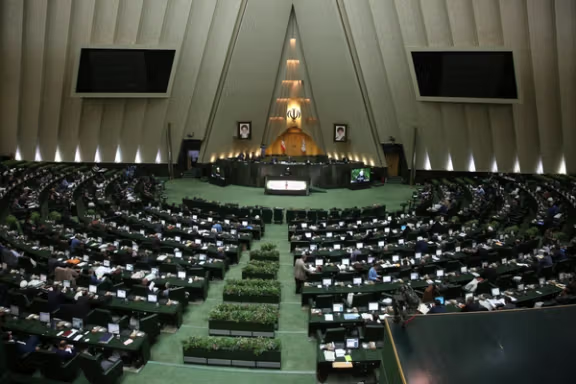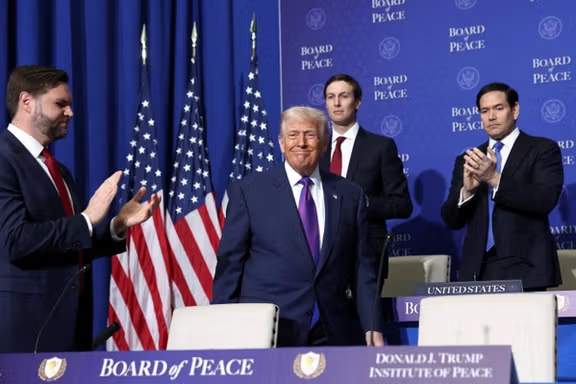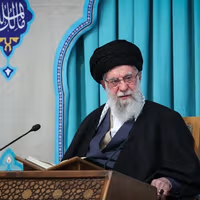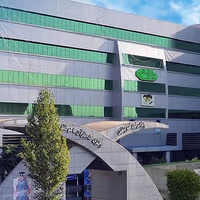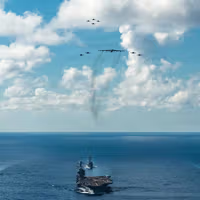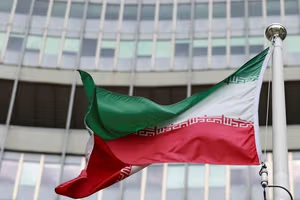Amir Hayat-Moghaddam, a member of parliament’s National Security and Foreign Policy Committee, told Rokna news agency that the option is “on the table” and under expert review. “Several meetings have been held since the IAEA Board of Governors adopted its anti-Iran resolution,” he said. “Withdrawal from the NPT is one of the preliminary options, but no final decision has been made. The review of all dimensions and possible consequences is still underway.”
He said a final decision could be announced by Tuesday, adding that any such move would be coordinated between parliament and the Supreme National Security Council. “There is no structural conflict between these institutions. Issues related to national interests are decided jointly,” he said. “Legally, however, withdrawal from international treaties falls within parliament’s authority.”
Separately, the spokesman for the National Security and Foreign Policy Committee said on Saturday that Iran’s parliament has begun drafting a bill on countermeasures in response to the recent International Atomic Energy Agency resolution.
Ebrahim Rezaei said the proposal aims to boost “nuclear and sanctions-related deterrence” and strengthen Iran’s defensive and legal capabilities. “A six-article draft has been prepared covering nuclear and sanctions counteractions as well as strategic, defense and judicial measures,” he told reporters.
Backdrop of renewed nuclear tensions
The discussions come days after the IAEA’s 35-member Board of Governors adopted a resolution urging Iran to provide full access to its nuclear sites and enriched uranium stockpiles. The measure, submitted by the United States, Britain, France and Germany, passed with 19 votes in favor, three against and 12 abstentions.
Iran condemned the vote as “illegal and unjustified” and said it has nullified the inspection accord reached in Cairo in September with IAEA chief Rafael Grossi and Egyptian mediation. Foreign Minister Abbas Araghchi said the resolution “killed” the Cairo accord and reflected a pattern of Western escalation.
“The US and the E3 attacked diplomacy just as they attacked our nuclear facilities,” Araghchi wrote on X on Thursday. “Iran is not the party seeking another crisis.”
Tehran says its cooperation with the agency remains within the framework of the NPT but insists that access to bombed facilities cannot resume until safety and legal questions are resolved.
Iran’s long-held position on the NPT
Iran has been a party to the NPT since 1970 and has repeatedly said it does not seek nuclear weapons. Officials in Tehran have described NPT membership as a sign of Iran’s commitment to peaceful nuclear energy, but they have also warned that continued political pressure could force a policy review.
Foreign Ministry spokesperson Esmail Baghaei said on Friday that Western powers were “misusing an international body” and that their actions “undermine the credibility and independence of the Agency.”
In Vienna, Russia’s envoy Mikhail Ulyanov said the situation had reached a “complete deadlock,” blaming the Western sponsors of the resolution for “stalling diplomacy.”
